CAMEROON, AFRICA IN MINIATURE
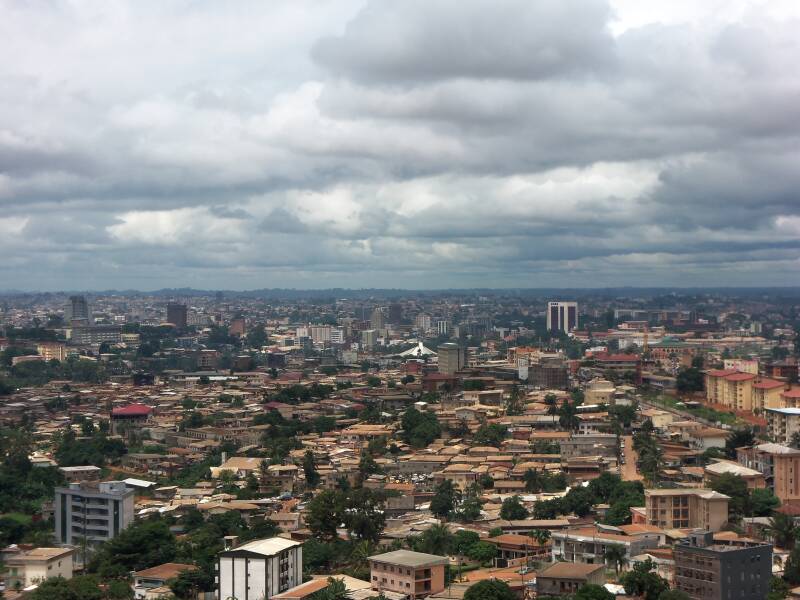
Capital city Yaounde
Although Cameroon is today the economically strongest country among the Central African states, its economic and social development does match its existing potential. In the framework of the political dialogue, Germany regularly refers to the unsatisfactory conditions with regard to the human rights situation, democratisation, the quality of governance and malnutrition in some parts of the country. Bagam is a village community in Galim District, Bamboutos Department, Western Cameroon Region. Bagam is located about 50 km north of Bafoussam, the capital of the Western Region and about 340 km from the national capital, Yaoundé. With a total of 25,875 inhabitants in 2005 (more recent figures are not available), Bagam is the most populous village in Galim.
Though school attendance is not compulsory in Cameroon, the literacy rate is 68% (cf. DAAD's webinar "Cameroon and its education system: Opportunities for German Universities" of 26.01.2016), which is quite high compared to other African countries. However, there is a strong South-North divide within the country. The south is more educated than the north. There are private and public schools, whereby "public" does not stand for free education. Although primary schools are free of charge, school materials, uniforms and meals during breaks have to be paid by the parents, which significantly lowers the enrolment rate in poorer regions.
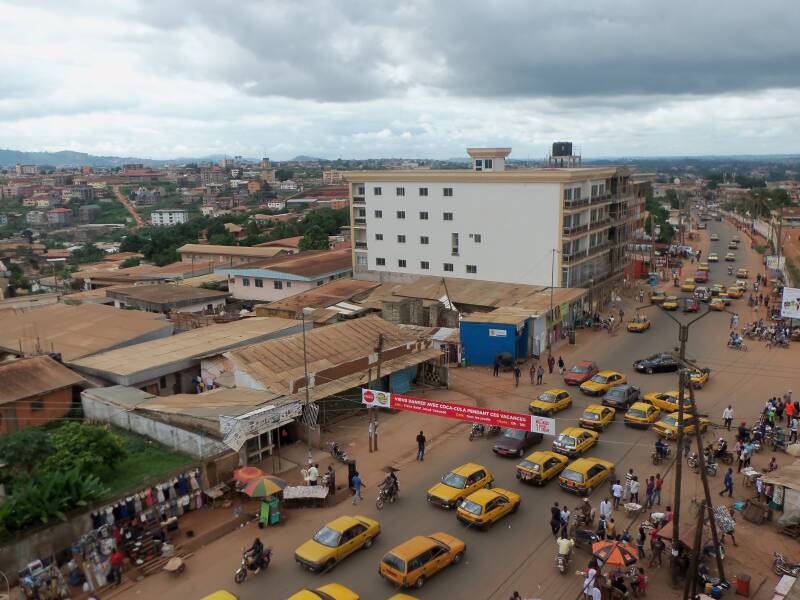
Capital city Yaounde
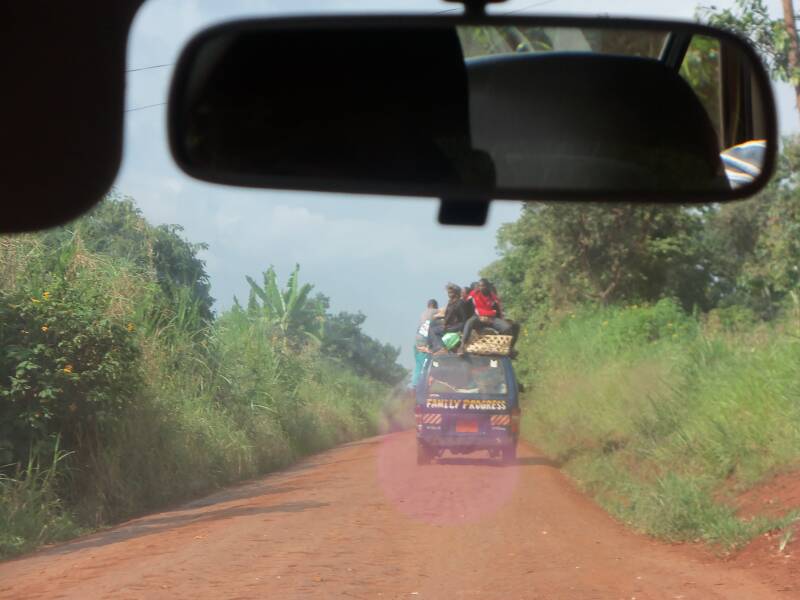
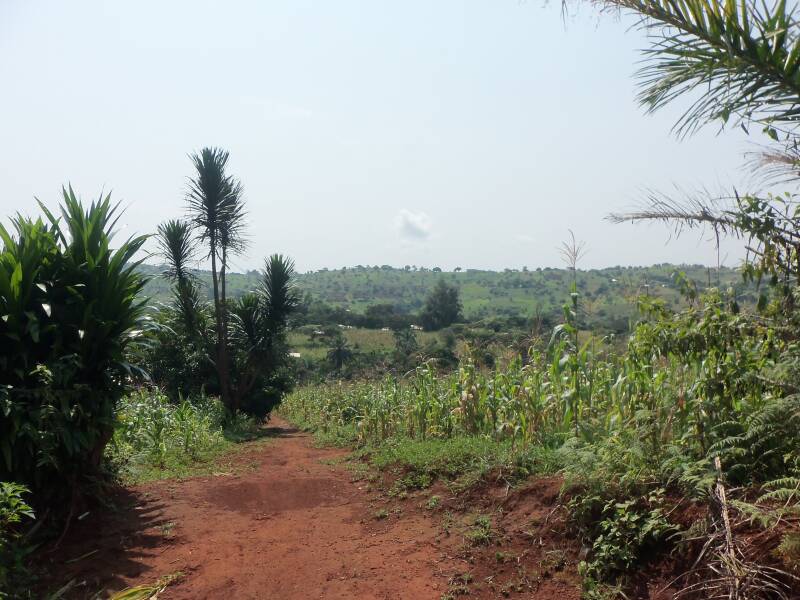
Village Bagam
Moreover, the school enrolment rate in Bagam suffers from traditional attitudes, according to which girls are married off at an early age. In addition, children have to struggle through the school curriculum without any support, as most parents did not complete their primary education themselves. As a result, children with learning difficulties leave school prematurely. Most of those who make it to a paid job leave the village, thereby perpetuating illiteracy among the remaining inhabitants.
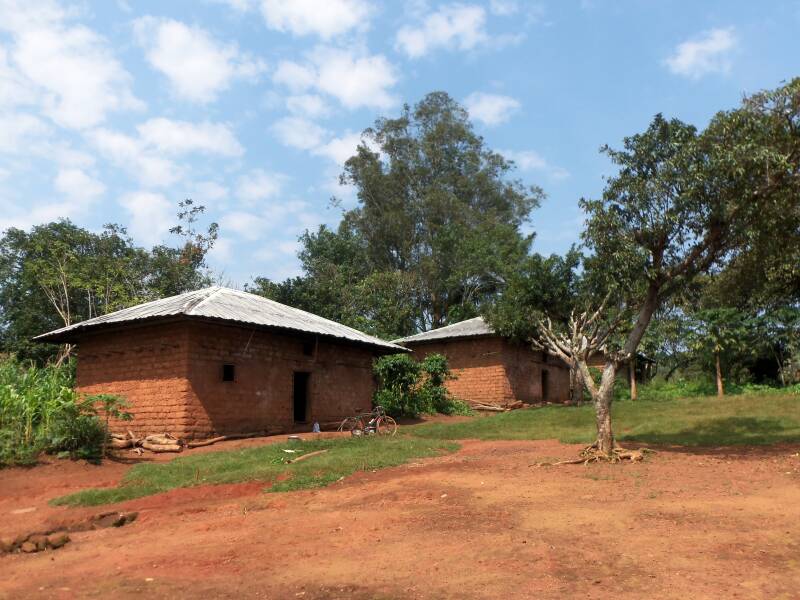
Living in Bagam

The region is characterised by poverty. There are two makeshift hospitals, an unfinished tarred road, no drinking water supply and no modern toilets. Electricity remains a luxury that few can afford. Even schools are not connected to the electricity grid. The people are predominantly engaged in agriculture, based on traditional farming combined with small animal husbandry (chickens, pigs or goats). Thanks to the good climate, a lot grows in Bagam and the village is green almost all year round. The people are very warm and generous, even though they themselves live below the poverty line. They speak mainly "Menghaka'a" with their own script and French.


Erstelle deine eigene Website mit Webador